In pictures: High hopes for Cairngorms hoverflies
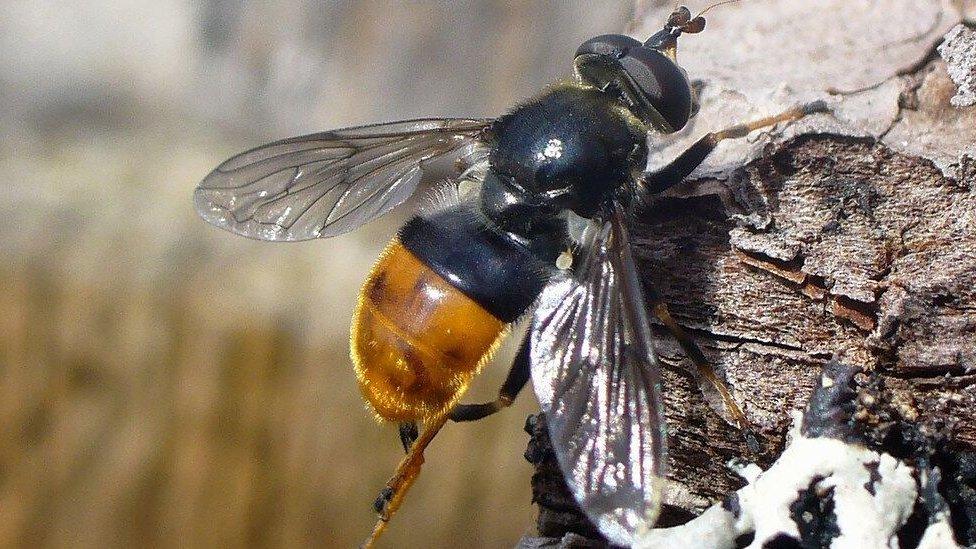
- Published
Critically endangered pine hoverflies have been found to be breeding successfully in new populations around the Cairngorms.
In Britain, the majority of the insects were only known to inhabit one small forest in the vast area of mountains, hills and woodlands.
But experts have discovered larvae in previously unoccupied tree stumps - the creature's favourite habitat - suggesting conservation efforts are working.
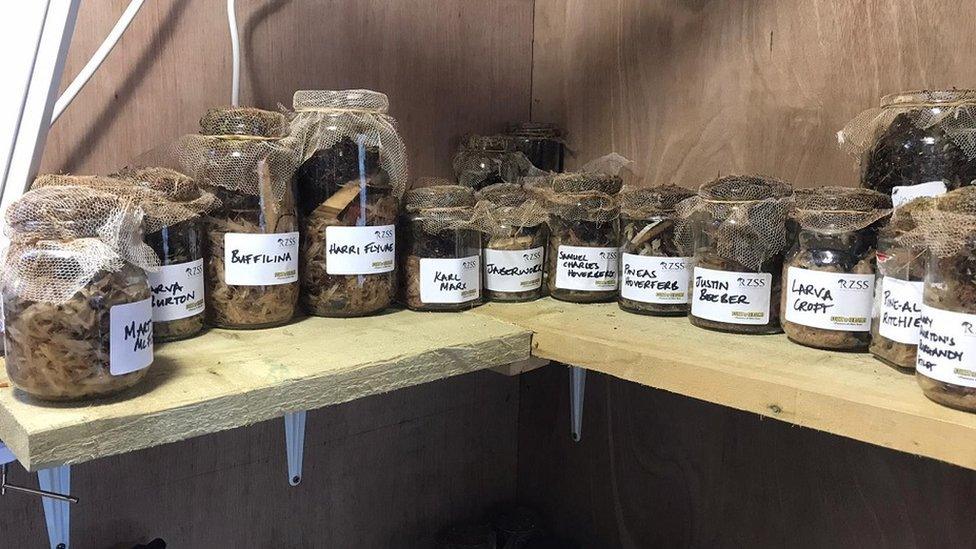
The conservation effort has involved rearing hoverflies in captivity at the Royal Zoological Society of Scotland's Highland Wildlife Park near Aviemore
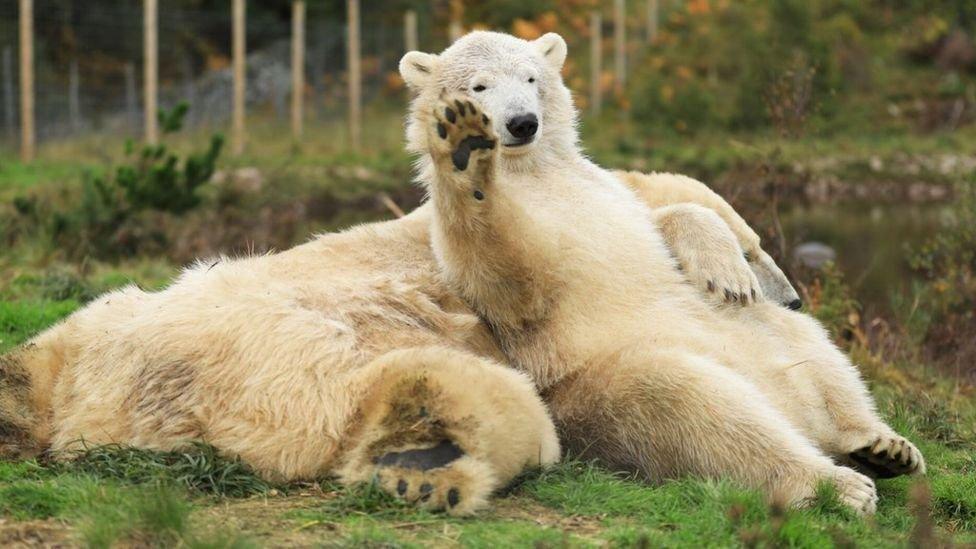
Among those involved in the breeding programme have been keepers who look after some of the park's larger animals - polar bears
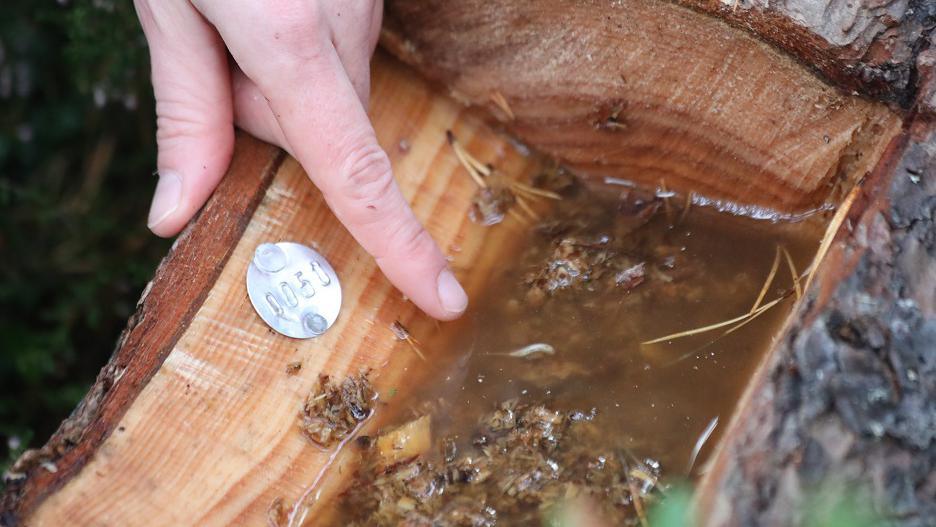
Hoverflies were released across three sites in October 2021 and March 2022 and provided with special "troughs" carved into tree logs where eggs and larvae could survive
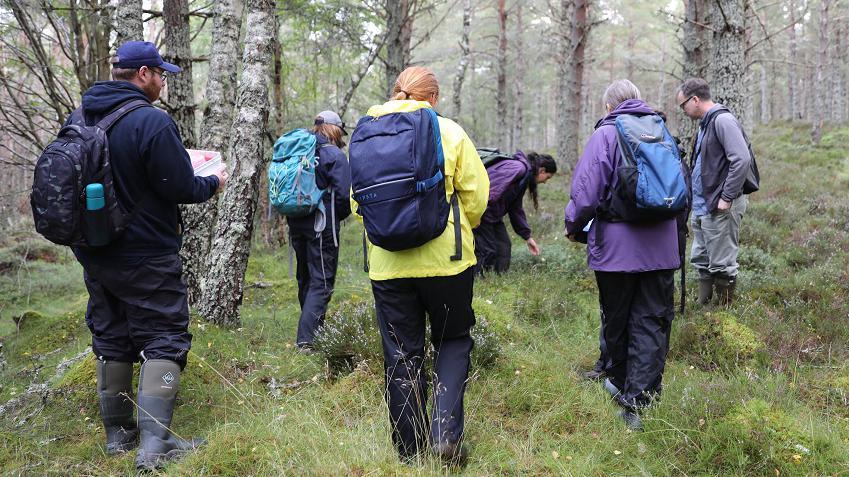
Rare Invertebrates in the Cairngorms, an organisation involved in the conservation project, has carried out surveys of the release sites
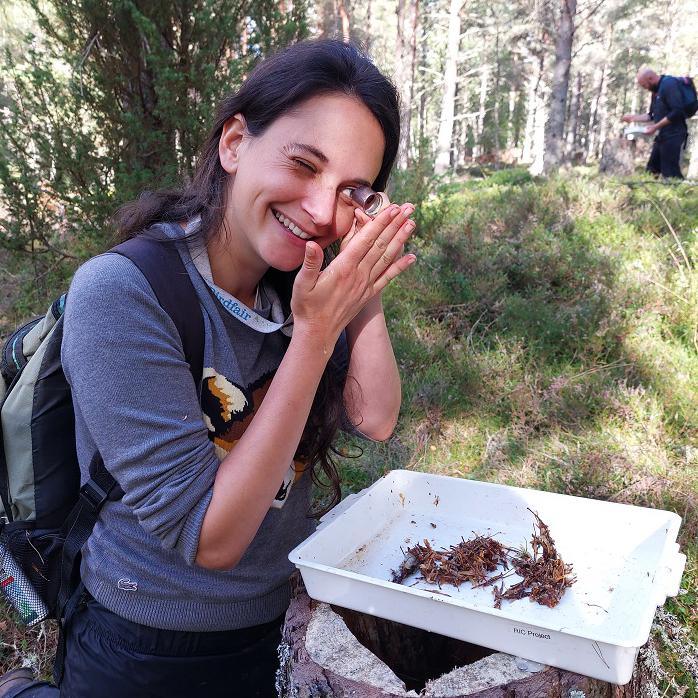
The survey results suggest the new populations to be healthy
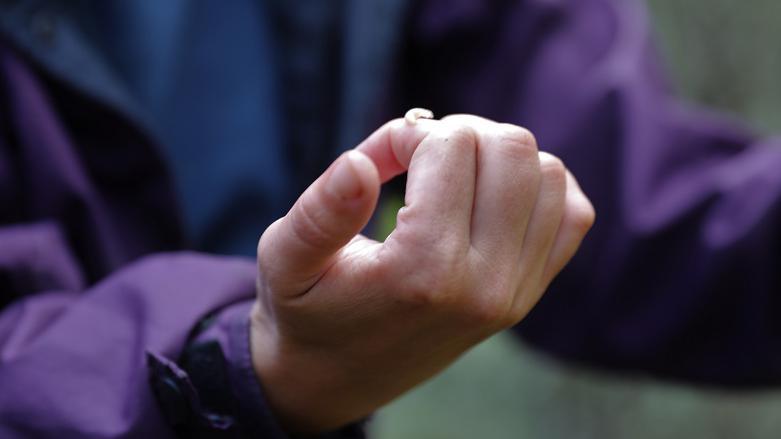
The insects are seen as important because of their roles as pollinators and "waste recyclers"